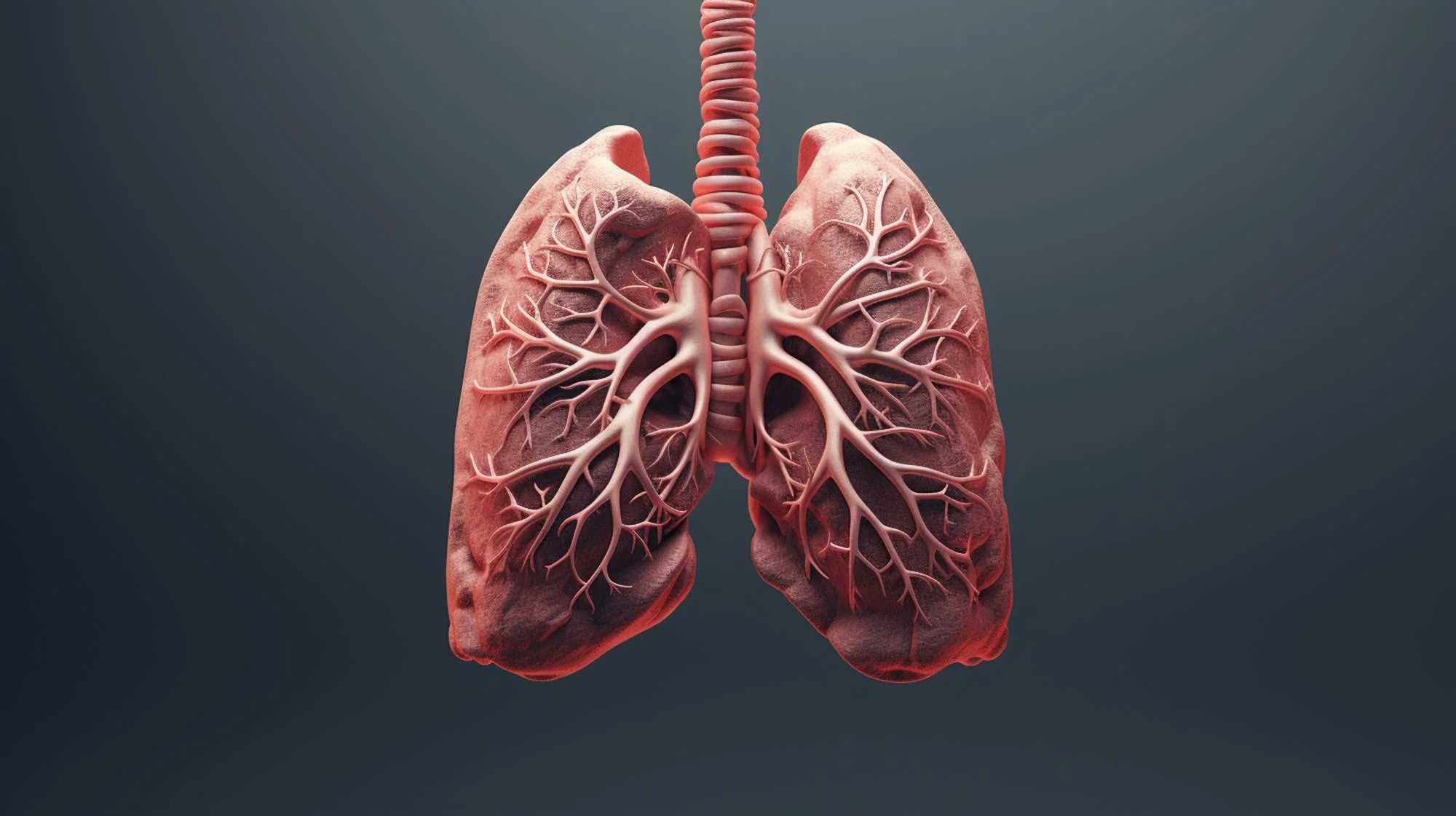Chronic obstructive pulmonary disease (COPD) is a complex and progressive respiratory condition that significantly impacts the quality of life of millions across the globe. Studies, such as the recent review in Clinical Nutrition ESPEN (DOI: 10.1016/j.clnesp.2023.11.017), are casting new light on the multifaceted nature of this disease. By rigorously examining the interplay between genetics and diet through the lens of nutrigenomics, researchers are pioneering the path toward personalized healthcare solutions for COPD management.
The Genetic Underpinnings of COPD
COPD’s etiology is influenced by genetic predispositions that render individuals more susceptible to environmental factors, such as smoking and pollution. Genome-wide association studies have unearthed genes linked to oxidative stress, inflammation, and antioxidant defense mechanisms—all playing a pivotal role in the progression of the disease. For instance, variations in the alpha-1 antitrypsin or genes involved in the body’s detoxification pathways such as GSTM1, and GSTT1 have been associated with a higher risk or the severity of COPD.
The Emergence of Nutrigenomics
Nutrigenomics—a discipline at the intersection of nutrition and genomics—has been instrumental in understanding how dietary components interact with these genetic variations. The aim is to unveil how food and its constituents can affect gene expression and consequentially, disease development or progression.
By focusing on specific nutrients that affect pathways involved in COPD, such as antioxidants, omega-3 fatty acids, and vitamin D, nutrigenomics research holds promise in crafting dietary strategies that might alleviate symptoms or potentially slow the progression of the disease. For example, antioxidants could counterbalance the oxidative stress, while omega-3 fatty acids might lessen inflammation seen in patients with COPD.
Progress and Challenges in Nutrigenomics
Despite the potential, translating these insights into tangible benefits has been met with hurdles. Large-scale clinical trials are essential to confirm initial findings and overcome the variance in genetic backgrounds. Moreover, there’s a pressing need to establish biomarkers that clinicians can use to gauge the disease’s trajectory and the efficacy of nutrition-based interventions.
Precision Nutrition and Gene-Based Therapies
With the horizon set on individualized treatment regimes, precision nutrition emerges as a particularly enticing field. This approach advocates for nutritional plans tailored to an individual’s genetic makeup to optimize COPD management. Gene-based therapies, likewise, may offer a means to address the genetic defects directly implicated in COPD.
The Road Ahead
The exploration of nutrigenomics warrants intensive research in various domains. Future directions include the continued development of biomarkers, integration of multi-omics data, and the application of systems biology analysis to comprehend the complex network of interactions between diet, genes, and COPD.
Additionally, longitudinal studies with large cohorts and varied demographics are essential to draw more reliable conclusions. These studies will help ensure that the public health implications of nutrigenomic findings are suitably robust, paving the way for standardized practices in COPD prevention and management.
Call to Action
As researchers, policymakers, and healthcare practitioners operate in concert, there’s a growing optimism that COPD management will become more precise and patient-centric. The interplay between diet and genes proposes a paradigm shift in the treatment of this debilitating disease.
Personalized dietary strategies could mitigate the impact of COPD, enhancing patient outcomes and quality of life. However, this pivot demands a commitment to research and a willingness to integrate novel findings into the heart of clinical practice effectively.
Conclusion
As we delve further into the genomic landscape of COPD, nutrigenomics stands at the forefront of this exploratory journey—unraveling genetic mysteries and pioneering dietary interventions. It holds a key to unlocking personalized, more effective management strategies that cater to the unique genetic fabric of individuals affected by COPD.
This intricate dance of nutrients and genomes heralds a new era in the management of COPD—an era of tailored therapeutics and an enhanced understanding that what we eat profoundly influences how our genes express themselves in the context of disease.
For now, as the field of nutrigenomics continues to mature, every discovery serves as a building block toward an envisioned future—one where nutrition is as personalized as the genes within us, and COPD is no longer a life sentence but a condition controllable in the hands of informed and empowered individuals.
References
1. Vaziri Yashar Y. (2024). The genomic landscape of chronic obstructive pulmonary disease: Insights from nutrigenomics. Clinical Nutrition ESPEN, 59, 29-36. DOI: 10.1016/j.clnesp.2023.11.017.
2. Matteis, S. D., Scarlata, S., Bottini, P., & Zanzari, F. (2013). Nutrigenomics in COPD: Paving the way for personalized nutrition. The Clinical Respiratory Journal, 7(3), 247-260.
3. Steiling, K., & Lenburg, M. E. (2013). Integrative genomic analysis in chronic obstructive pulmonary disease. Molecular Aspects of Medicine, 34(2), 321-338.
4. Faner, R., & Agustí, A. (2016). Nutrigenomics in COPD: A new paradigm in respiratory medicine. European Respiratory Journal, 47(3), 807-818.
5. Zhang, H., Li, X., Huang, L., & Xu, D. (2016). Nutrigenomics: A perspective on coping strategies for chronic obstructive pulmonary disease. The Journal of Nutrition, Health & Aging, 20(8), 805-810.
Keywords
1. COPD
2. Nutrigenomics
3. Personalized Nutrition
4. Respiratory Disease
5. Chronic Obstructive Pulmonary Disease Management
